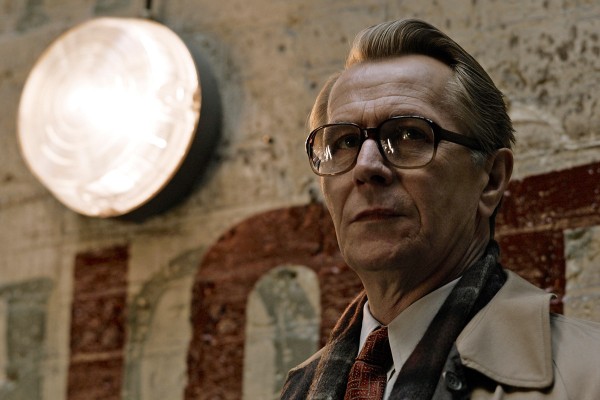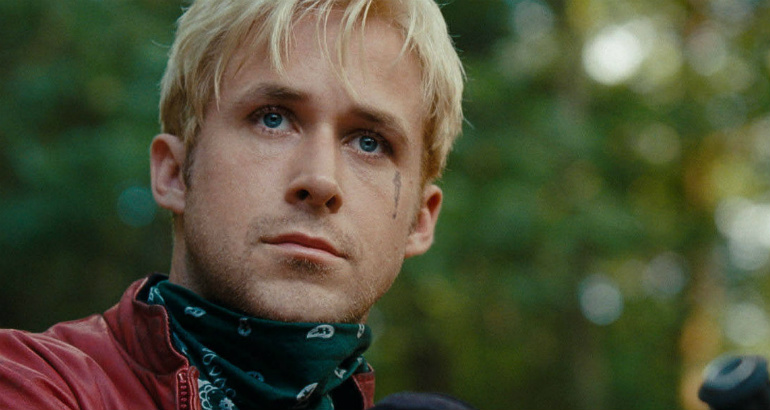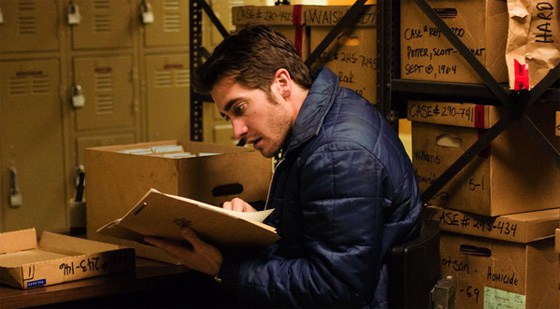5. Tinker Tailor Soldier Spy

Based on the highly complex John le Carre novel, Tinker Tailor Soldier Spy is a realistic approach to the espionage genre that considers the actual ways in which a Soviet double agent could infiltrate British Intelligence. Gary Oldman stars as Geroge Smiley, a veteran spy whose tasked with investigating four potential suspects who may have caused the death of a British agent in Budapest. Smiley isn’t able to directly confront any of these agents, so he must retrace their steps and interview various players involved with the Budapest incident.
While it’s not an action packed film, Tinker Tailor Soldier Spy shows the complex politics within each level of the intelligence agency; each division and operative has their own agenda, forcing Smiley to team up with a lower level agent (Benedict Cumberbatch) and a morally dubious assassin (Tom Hardy).
As Smiley looks into his four suspects, played excellently by Colin Firth, David Dencik, Toby Jones, and Ciarin Hinds, he stages different altercations that will force the mole to reveal himself. It’s rare that a film considers the inner workings of espionage so thoroughly, and Oldman’s charismatic leading performance breathes life into the complex material.
4. The Place Beyond the Pines

Derek Cianfrance’s ambitious epic explores a tumultuous relationship between two families after a chance encounter during a failed bank heist. More than just a simple cops and robbers story, The Place Beyond the Pines shows how one interaction can echo into the future and forever link fates, with the title itself being a reference to the search for a life outside of a predetermined destiny. It’s a film that pits two characters against each other, but allows the audience to be equally invested in both, with Ryan Gosling as a stunt driver turned bank robber and Bradley Cooper as a reluctant cop living up to his family’s legacy.
Much of the film’s brilliance comes from its structure; each of its three acts follows a different character’s perspective, and the sudden shifts between main characters make for an exciting story that goes in unexpected places. The film’s final act, in which the sons of the Gosling and Cooper characters wrestle with their fathers’ actions, is extremely emotional and puts the rest of the story in a different context as the characters struggle with legacy and forging their own path. Beautifully shot and atmospheric, The Place Beyond the Pines tells a complete story while still leaving lingering philosophical questions.
3. Burning

Like many recent South Korean thrillers, Burning explores the heavy pressure that class differences have, and how the desire to rise up in the social world can create tension, paranoia, and ultimately violence.
Burning starts off as a straightforward love story, with Lee Jong-su (Yoo Ah-hi) reuniting with his childhood flame Shin Hae-mi (Jeon Jong-seo), but once Hae-mi’s new boyfriend Ben (Steven Yeun) introduces himself, Jong-su begins to feel crushed under his perceived inadequacies and can’t help but compare himself to Ben. Ben begins to reveal a secretive pastime to Jong-su, warping his perception of what the elite really act like.
Burning doesn’t fully reveal its intent until the shocking final scene, but up until then it’s the subtle mind games between Jong-su and Ben that create the tension. Jong-su’s fear is that he is vulnerable, and Ben’s ability to woo Hae-mi despite his frightening hobbies creates feelings of jealousy- Ben even admits that the police will never catch him.
The brilliance of Lee Chang-dong’s direction is that the extent to which Ben is telling the truth is never clear, as the focus of the story is on the slow burn tension, and how Jong-su’s search for truth ends up drawing him away from Hae-mi. An embodiment of the anxiety of the wealth gap, Burning is a considered approach to the haves and the have nots.
2. Zodiac

David Fincher is perhaps the most detail-oriented director of his generation, and Zodiac is a magnum opus of conflicting facts, long term investigations, and the competing processes of law and journalism. Each character, in a way, is an obsessive, with Jake Gyllenhaal’s real-life journalist Robert Graysmith finding himself transfixed with his search for the mysterious Zodiac killer. Each taunt and clue left by Zodiac draws Graysmith deeper into the mystery, weaponizing his problem solving skills into an all-consuming search for this killer. Every aspect of Graysmith’s life, including his marriage, becomes secondary to his investigation.
Fincher is incredibly specific in exploring the individual legal and ethical dilemmas that the characters face, and shows how the cops exhaust their resources as they attempt to make contact with the Zodiac during a radio show and examine his handwriting in detail. The eventual reveal of the suspected killer is subtle, as Inspector David Toschi (Mark Ruffalo) finds obvious signs of suspicion but is unable to proceed due to the lack of hard evidence.
The film shows the advantages and disadvantages that both Graysmith and the cops face, leading to a final confrontation that satisfied Graysmith’s arc but leaves things ambiguous. Fincher was infamously so fanatical on set that it alienated his actors, but the result is one of the greatest serial killer films of all-time.
1. Memento

With Memento, Christopher Nolan established his ability to challenge memory and subvert the traditional structures of storytelling. Two competing narratives, one told in complete reverse, follow Leonard Shelby (Guy Pearce) on his mission to find his wife’s killer, but his inability to create new memories hinders his process.
Nolan’s unique ability is to create plot twists that aren’t just for shock value; once the revelation in Memento is unveiled, it contextualizes the events that have transpired and raises new questions about Shelby. This is a character that the audience can’t get a grasp on because he doesn’t fully know himself, and it’s this journey of self-discovery and self-illusion that makes Memento so fascinating.
Like many of Nolan’s films, the nature of reality is a major theme, and the gradual depiction of Leonard’s condition makes the exposition more interesting. Even the elements of the story that initially don’t connect directly, such as flashbacks to the character Sammy and his memory loss, end up connecting to the main story, with Leonard’s tattoos tracking his progress. It’s the rare film that can be appreciated more each viewing for its attention to detail, and certainly ranks as one of the most brilliantly conceived thrillers of the decade.